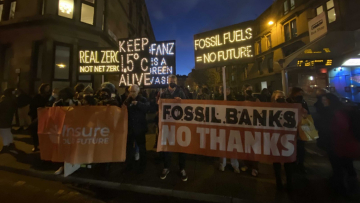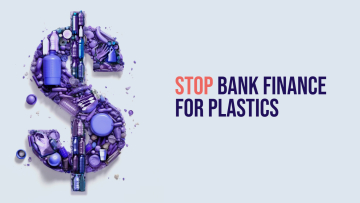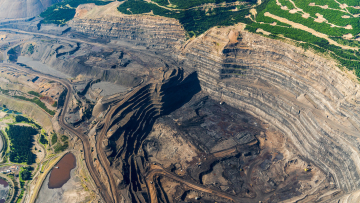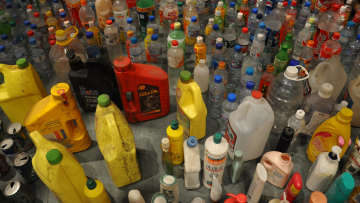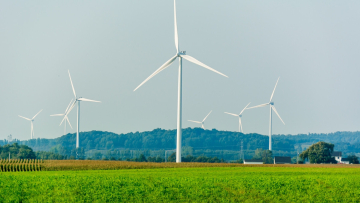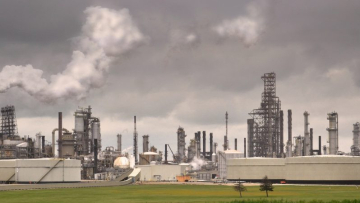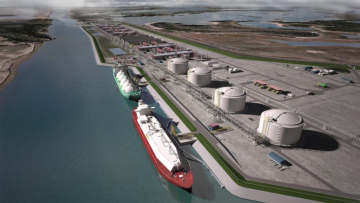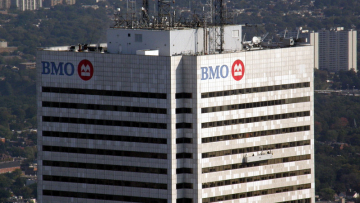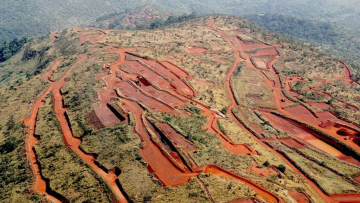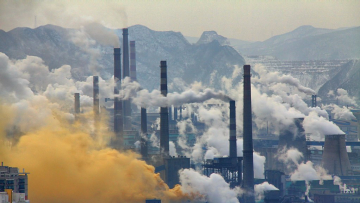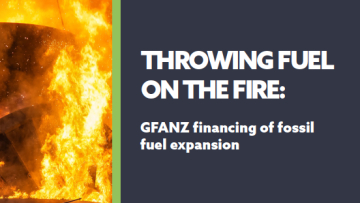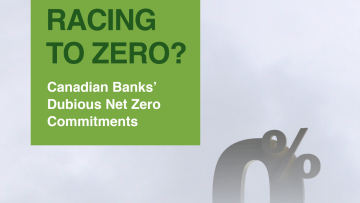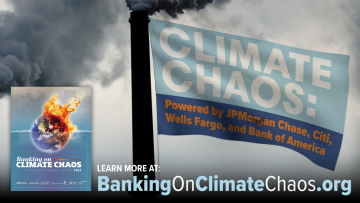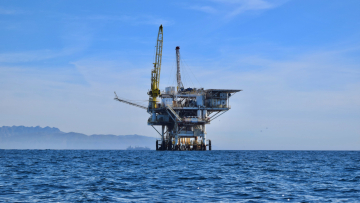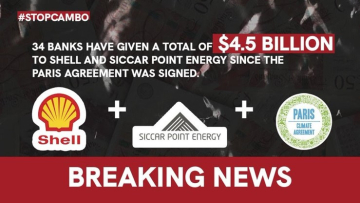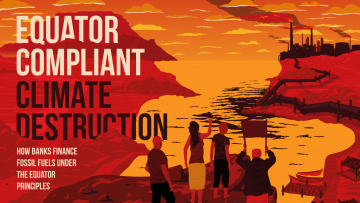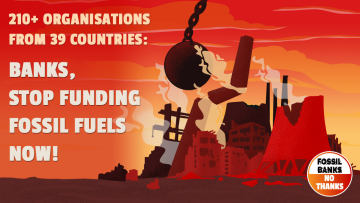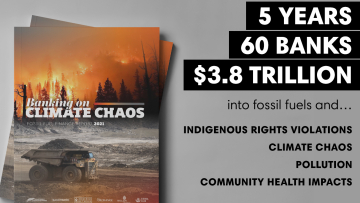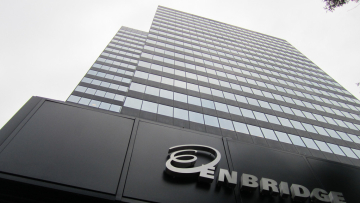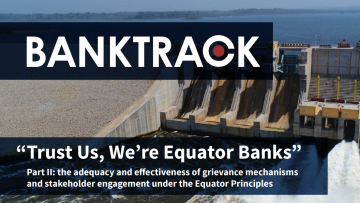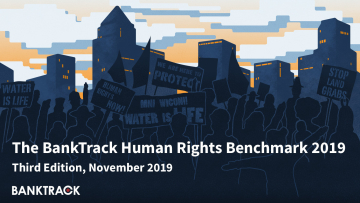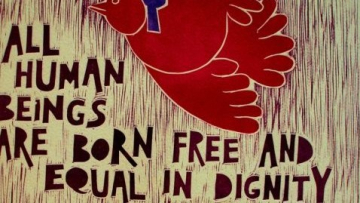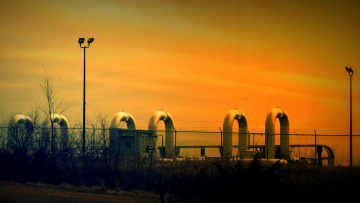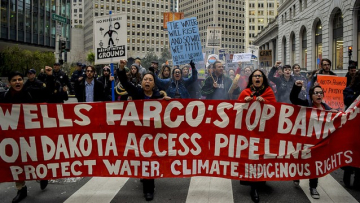
Active
This profile is actively maintained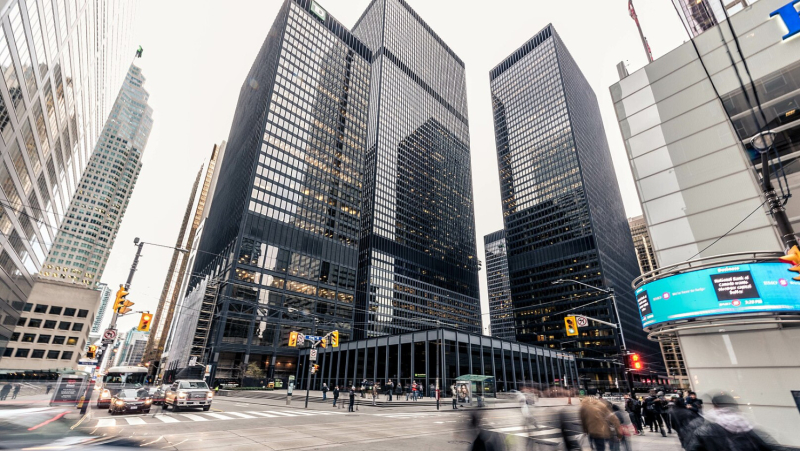
Active
This profile is actively maintained| Website | http://www.td.com |
| Headquarters |
12th Floor, 55 King St. West
ON M5K 1A2 Toronto
Canada
|
| CEO/chair |
Raymond Chun Group President and Chief Executive Officer |
| Supervisor | |
| Ownership |
listed on NYSE & Toronto Stock Exchange
TD Bank's shareholder structure can be accessed here. |
The Toronto-Dominion Bank is a Canadian multinational banking and financial services corporation, operating as TD Bank Group. The bank was created in 1955 through the merger of the Bank of Toronto and Dominion Bank, which were founded in 1855 and 1869 respectively. TD Bank Group is now the second largest bank in Canada by market capitalization and deposits, and one of the ten largest banks in North America.
TD Bank's most important sustainability commitments can be found at the website sections listed below.
Toronto-Dominion Bank (TD Bank) is linked to a number of companies and projects that BankTrack considers controversial (so called Dodgy Deals), e.g. as a current or past financier or through an expression of interest. The profiles below provide more details on the nature of Toronto-Dominion Bank (TD Bank)'s link to these deals.
TD Bank's Conduct and ethics reporting can be used by individuals and communities to raise complaints regarding human rights issues. Stakeholders may also raise complaints via the OECD National Contact Points (see OECD Watch guidance).
TD Bank is an Equator Principles signatory. While the Equator Principles have no official grievance mechanism, complaints relating to this bank's financing of Equator Principles projects can be filed through our own website www.equator-complaints.org.
This page evaluates Toronto-Dominion Bank (TD Bank)'s responses to instances of alleged human rights violations linked to its finance, raised by civil society organisations. It is not intended to be exhaustive, but covers selected impacts raised by BankTrack and other civil society partners since 2016. For the full scoring methodology, see here. For more information about BankTrack's evaluation of bank responses to human rights impacts, see the 2021 report "Actions speak louder: assessing bank responses to human rights violations".
Banks and Climate
The 2025 Banking on Climate Chaos report showed that Toronto-Dominion Bank provided $96.0 bn in financing to the fossil fuel industry between 2021 and 2024. In 2024 only, Toronto-Dominion Bank provided $29.0 bn, including $12.0 bn for oil, gas and coal companies expanding fossil fuels. Toronto-Dominion Bank was one of the 10 largest fossil fuel financiers in 2024. Find further details on Toronto-Dominion Bank's fossil fuel portfolio and how it compares to other large banks globally on the Banking on Climate Chaos website below.
Partner organisation Reclaim Finance tracks the coal, oil and gas policies of financial institutions, including banks, in their Coal Policy Tool (CPT) and the Oil and Gas Policy Tracker (OGPT). BankTrack works closely with Reclaim Finance and endorses their policy assessments. Find further details on their assessment of Toronto-Dominion Bank’s fossil fuel policy below.
Banks and Human Rights
BankTrack assessed Toronto-Dominion Bank in its 2024 Global Human Rights Benchmark, where it achieved 5 points out of 15 and was ranked as a “follower”.
The bank scored 0.5 out of 3 points on the new “specific rights indicators”, which assess how banks address human rights defenders, Indigenous Peoples’ right to Free, Prior and Informed Consent and environmental rights in their policies and practices.
In addition, Toronto-Dominion Bank scored 0 out of 3 on how it responds to alleged human rights violations linked to its finance, which were raised by civil society organisations. More information is detailed in the “Accountability” section of this profile.
The table below shows BankTrack's assessment of how Toronto-Dominion Bank has implemented the UN Guiding Principles on Business and Human Rights. Please click on 'expand all details' and 'explanation' for further information on the methodology.
Our policy assessments are always a work in progress. We very much welcome any feedback, especially from banks included in the assessments. Please get in touch at humanrights@banktrack.org.
Global Human Rights Benchmark 2022
Global Human Rights Benchmark 2024
Banks and Nature
Toronto-Dominion Bank’s policies for forest-risk sectors (beef, soy, palm oil, pulp and paper, rubber and timber) have been assessed by the Forests & Finance coalition, achieving an overall score of 2.8 out of 10 and ranking it as a follower. TD Bank achieved a score of 0.3 out of 10 specifically for its policies related to the beef sector and 3.1 out of 10 for its policies related to the palm oil sector. Between 2016 and 2022, TD Bank provided USD 71 million in credit to companies operating in these forest-risk sectors and held investments amounting to USD 28 million as of 2022. For more information, see the links below.
Forest & Finance Policy Assessment 2022: Overall scores
A bank can obtain a total of 10 points for the quality of its policies. The total score is based on their scores per sector, weighted against their financing and investment for each sector. For further details on this see here. Based on their overall score, banks are then classified as Laggards, Followers, Front runners or Leaders, as follows:
Forest & Finance Policy Assessment 2022: Beef
A bank can obtain a total of 10 points for the quality of its beef policy. The total score is based on their scores per sector, weighted against their financing and investment for each sector. For further details on this see here. Based on their overall score, banks are then classified as Laggards, Followers, Front runners or Leaders, as follows:
Forest & Finance Policy Assessment 2022: Palm Oil
A bank can obtain a total of 10 points for the quality of its palm oil policy. The total score is based on their scores per sector, weighted against their financing and investment for each sector. For further details on this see here. Based on their overall score, banks are then classified as Laggards, Followers, Front runners or Leaders, as follows:
Tracking the Net Zero Banking Alliance
TD Bank Group left the Net Zero Banking Alliance (NZBA) on 17 January 2025. Before that, as a NZBA member it had committed to reduce its financed emissions to net zero by 2050; within 18 months of joining the alliance set interim targets for 2030 (or sooner) for high emission priority sectors, and within 36 months set further sector targets; set new intermediary targets every 5 years from 2030 onwards; annually publish data on emissions and progress against a transition strategy including climate-related sectoral policies; and take a robust approach to the role of offsets in transition plans. BankTrack will keep track of Goldman Sachs and other ex-NZBA member banks' climate action in a specific section of the NZBA tracker.
Banks and Steel
Partner organisation Reclaim Finance’s 2023 report on metallurgical coal financing showed that Toronto-Dominion Bank provided US$ 4.2 billion in loans and underwriting to developers of new metallurgical coal between 2016 and 2022. Find further details on Toronto-Dominion Bank’s metallurgical coal financing and and how it compares to other large banks globally in the report.
Reclaim Finance tracks the metallurgical coal policies of financial institutions, including banks, in their Coal Policy Tool. BankTrack works closely with Reclaim Finance and endorses their policy assessments. Find further details on their assessment of Toronto-Dominion Bank’s metallurgical coal policy below.






